Egyptian Agency Files Complaint Against School Curriculum
The National Council for Childhood and Motherhood (NCCM) in Egypt recently filed an official complaint with the country's prosecutor general. The complaint targets Rahn Schulen Kairo, a German school located in Cairo, accusing it of promoting homosexuality among young students through its biology curriculum. This incident highlights the ongoing tensions between progressive ideals and conservative values in Egypt.
The NCCM alleges that the school's sixth-grade biology lessons contain materials that encourage students to accept same-sex relationships as a normal aspect of life. This allegedly contradicts the religious and social norms prevalent in Egypt, a predominantly Muslim nation with a strong emphasis on traditional values.
Lawyer Ashraf Nagi, representing parents who support the complaint, claims to have submitted translated copies of the study materials to the prosecutor. He argues that these materials contain ideas that "incite immorality and homosexuality," and suggests students should be free to choose partners regardless of gender, which disregards established religious and social beliefs.
The NCCM's complaint has sparked controversy in Egypt. The country's conservative nature has led to similar complaints from parents, parliamentarians, and lawyers in the past. These complaints have prompted the Egyptian authorities and the Ministry of Education to take action. They are currently investigating the allegations and have reportedly summoned school representatives for questioning to understand the content of the biology curriculum.
This incident reflects the complex social landscape in Egypt, where there's a growing awareness of progressive ideas, but adherence to traditional values remains strong. The investigation's outcome will be closely watched, as it could set a precedent for how schools handle sensitive topics like sexuality in their curriculum.
Egyptian Education Ministry Investigates Curriculum Over Alleged LGBTQ+ Content
The Egyptian Ministry of Education is embroiled in controversy after forming a committee to scrutinize school lessons for content potentially contradicting "instinctive human nature, divine revelation, social values or morals." This move has raised concerns that the government might be targeting materials related to LGBTQ+ identities.
The exact nature of the lessons under investigation remains unclear, as independent verification of the content is unavailable. However, the committee's formation coincides with ongoing criticism from human rights groups regarding Egypt's crackdown on LGBTQ+ individuals.
Living under a shroud of secrecy is a common experience for many LGBTQ+ Egyptians due to deeply ingrained societal stigma. Although homosexuality itself isn't explicitly outlawed, Egyptian authorities employ broad charges like "debauchery" and "immorality" to prosecute LGBTQ+ people. A human rights lawyer anonymously highlighted the prevalence of custodial abuse against these detainees.
Furthermore, a recent BBC report exposed the disturbing practice of Egyptian vice police using dating apps with fake profiles to target gay men. This tactic exemplifies the wider issue of state-sanctioned persecution against the LGBTQ+ community.
Egypt's media landscape is tightly controlled, with the Supreme Council for Media Regulation acting as a gatekeeper. This government body actively restricts content deemed unfit for societal norms, including LGBTQ+ references in films and streaming services like Netflix and Disney+. The Ministry of Education's recent actions appear to align with this broader trend of suppressing content perceived as challenging traditional values.
Navigating the Tightrope: Censorship and Social Progress in Egypt
Egypt's recent bans on films like Lightyear and Doctor Strange in the Multiverse of Madness point to a complex interplay between artistic expression, social anxieties, and religious authority. These censorship decisions aren't isolated events, but rather reflect a broader struggle in Egyptian society.
A pivotal moment came in 2017 when a concert by Lebanese band Mashrou' Leila, known for its LGBTQ+ advocacy, ignited public outrage and arrests. This incident laid bare the deep sensitivity surrounding sexual orientation in a country where a large majority identify as Muslim. The controversy surrounding the 2022 Arabic Netflix film "Ashab Wala Aaz" further illustrates this tension. Accused of promoting homosexuality, the film clashed with the established views of powerful religious institutions like Al-Azhar, which holds significant sway and traditionally opposes same-sex relationships.
However, the landscape isn't entirely monolithic. Religious entities outside the region, like the Vatican, exhibit greater tolerance on LGBTQ+ issues. This contrast highlights the ongoing debate within Egypt and the wider Arab world. While powerful institutions and traditional views hold significant influence, there are signs of a more nuanced conversation emerging.
This interplay between censorship, social progress, and religious authority presents a challenge for Egypt. Balancing artistic expression with social anxieties requires a delicate touch. Open dialogue and a willingness to consider different perspectives could pave the way for a more inclusive and tolerant society, while still respecting deeply held beliefs. It remains to be seen whether Egypt can successfully navigate this tightrope in the years to come.

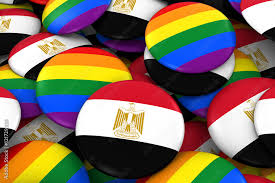

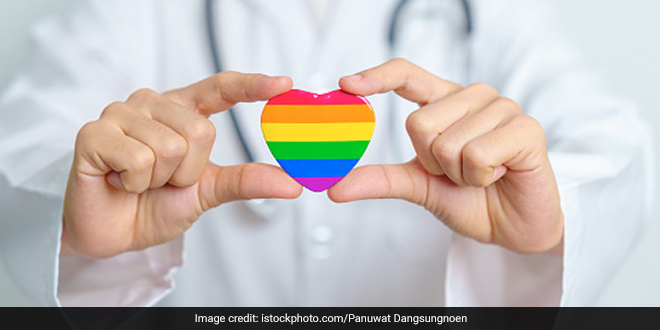



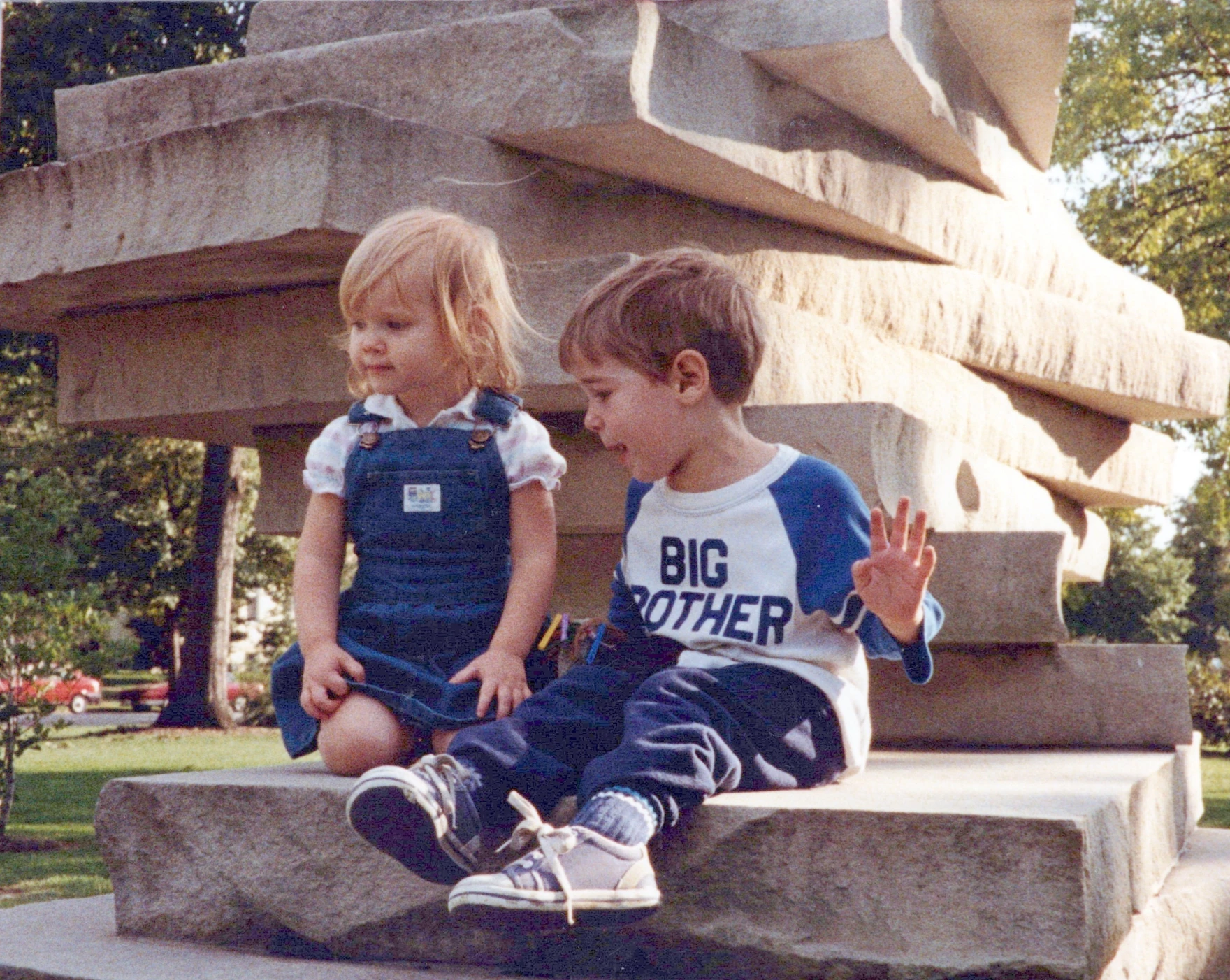





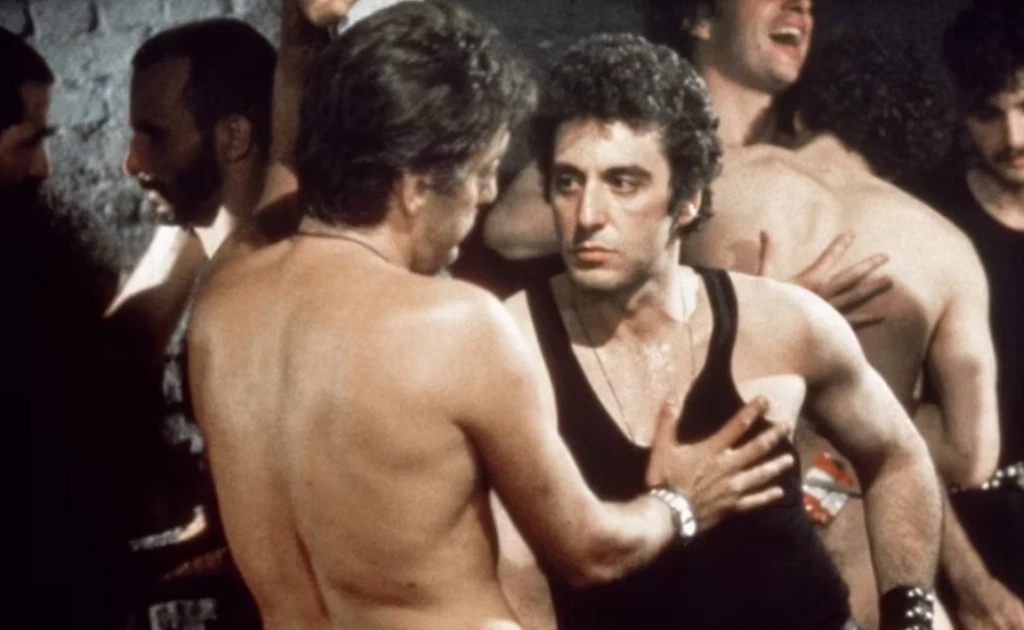


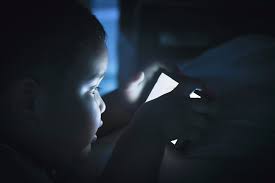
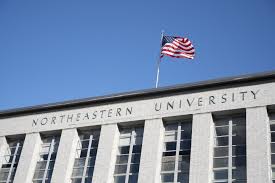







0 Comments